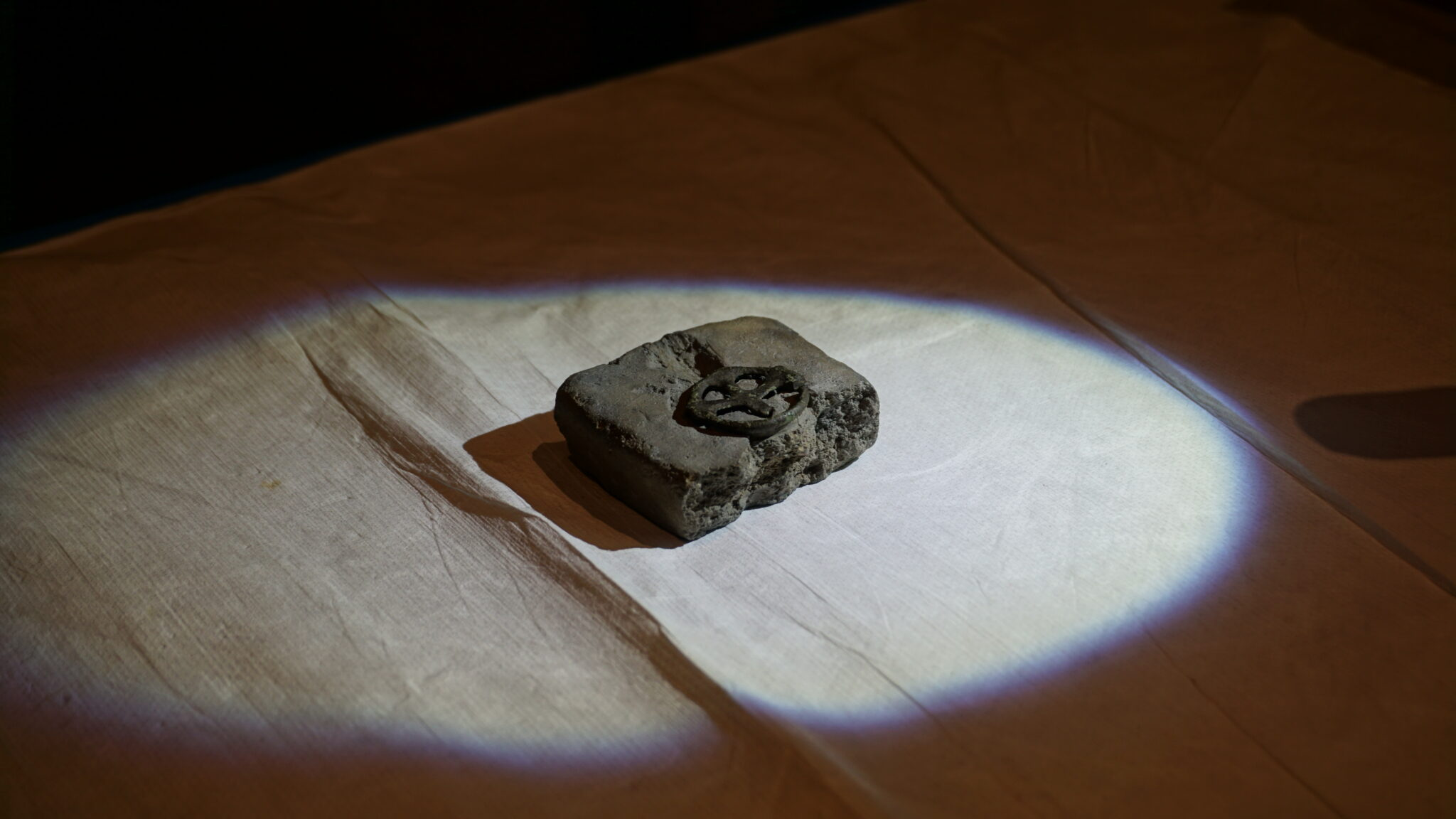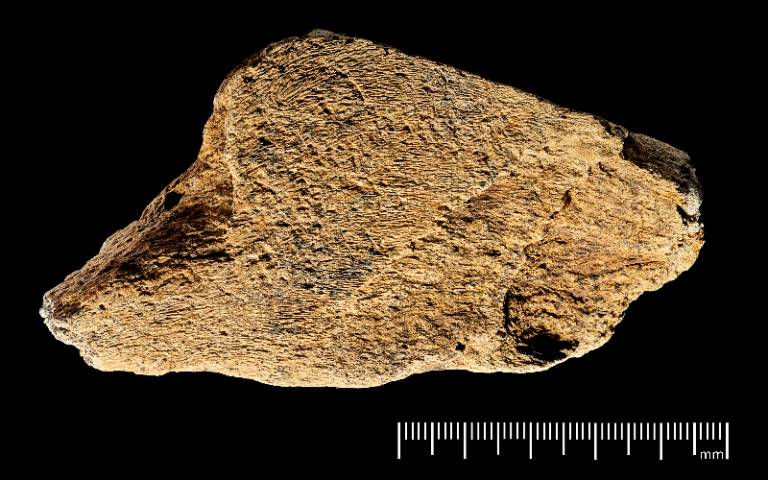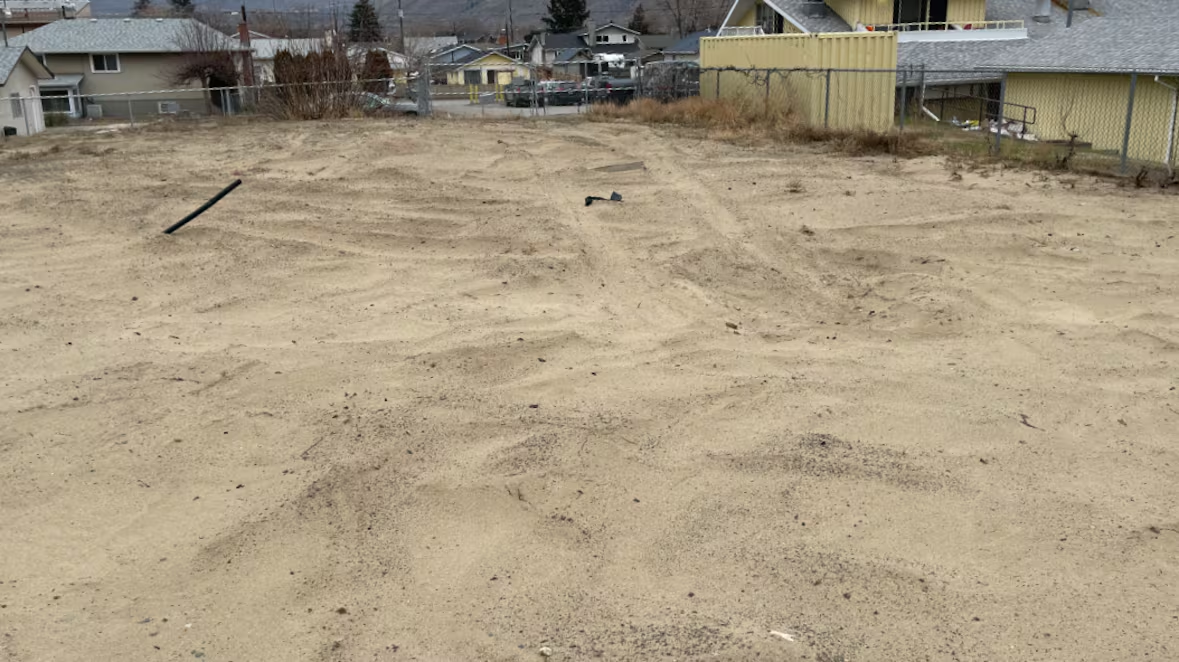Introduction
The marathon, one of the most iconic long-distance races in modern athletics, has its origins deeply rooted in ancient Greek history. The event is traditionally linked to the historic Battle of Marathon (490 BCE) and the legendary run of a Greek messenger who carried news of victory from the battlefield to Athens. While the precise historical accuracy of this account remains debated, the story of the marathon encapsulates the themes of endurance, heroism, and the enduring influence of ancient Greek culture on modern sports.
The Battle of Marathon: Historical Context
The Battle of Marathon was a pivotal conflict during the first Persian invasion of Greece, fought between the forces of Athens and the Persian Empire under King Darius I. The Athenians, greatly outnumbered, secured a surprising and decisive victory against the Persians, altering the course of Greek and Western history.
Persian Expansion: The battle was part of the broader Greco-Persian Wars, in which Persia sought to expand its influence over the Greek city-states.
Athenian Strategy: Under the leadership of generals such as Miltiades, the Athenian hoplites employed innovative tactics, including a strong central phalanx, to overwhelm the Persian forces.
Impact on Greek Identity: The victory at Marathon bolstered Athenian confidence and became a symbol of Greek resistance against foreign domination.
The Legend of Pheidippides: Fact or Myth?
The traditional narrative of the marathon race originates from the legend of Pheidippides, an Athenian messenger.
The Run to Sparta: According to Herodotus, Pheidippides was first sent to Sparta to request military aid before the battle, covering approximately 240 kilometers (150 miles) in two days.
The Run to Athens: Later accounts, particularly from Plutarch and Lucian, describe how a soldier ran from the battlefield at Marathon to Athens (approximately 42 kilometers or 26 miles) to announce victory before collapsing and dying from exhaustion.
Historical Debate: Modern historians question whether this event actually took place or if it was later mythologized to enhance the heroic image of the Athenians.
The Evolution of the Marathon Race
The marathon as a competitive race was introduced in the modern era, inspired by ancient Greek history and mythology.
Revival in the Olympics: The modern marathon was established as part of the inaugural 1896 Athens Olympic Games, designed to honor Greek heritage.
Standardization of Distance: Initially, marathon distances varied, but the 1908 London Olympics set the current official distance at 42.195 kilometers (26.2 miles).
Global Influence: The marathon has since become one of the most prestigious long-distance races worldwide, with major events such as the Boston, New York, and London Marathons.
Cultural and Symbolic Significance
The legacy of the marathon extends beyond athletics, symbolizing perseverance, unity, and the enduring spirit of human endurance.
Heroic Tradition: The race continues to embody the Greek ideal of arete (excellence and virtue).
Commemoration of Ancient Greece: Modern marathon events often celebrate Greek history and mythology.
Inspirational Legacy: The story of the marathon serves as a metaphor for human determination and triumph over adversity.
Conclusion
The origins of the marathon in Greek history stem from the legendary feats of Pheidippides and the historical significance of the Battle of Marathon. Whether fact or myth, the story has left an indelible mark on both ancient and modern culture. The marathon race remains a powerful testament to the endurance, strength, and legacy of the ancient Greek world, inspiring athletes and historians alike for generations to come.







